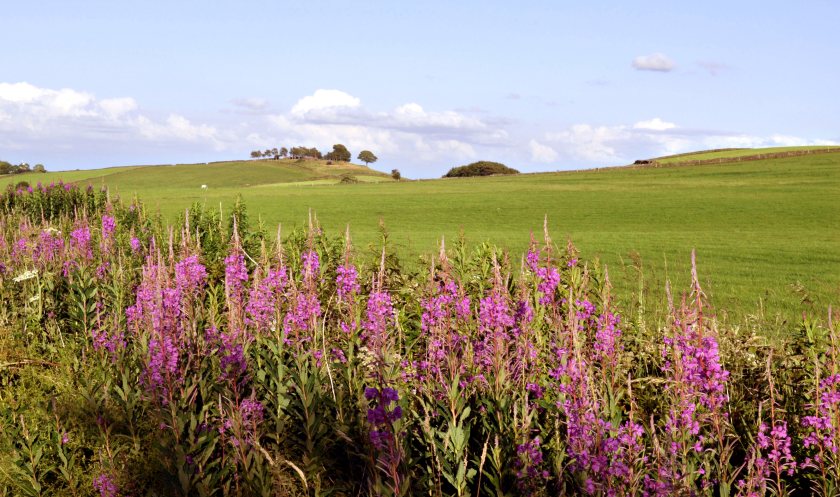
The government is under pressure to act as thousands of Countryside Stewardship (CS) agreements come to an end this December, leaving many farmers without environmental support schemes.
The Nature Friendly Farming Network (NFFN) has called for a one-year rollover of existing agreements for farmers in England whose CS contracts finish on 31 December.
Without such a measure, no replacement scheme is currently available for them to enter, the farmer-led organisation notes.
NFFN warns that the absence of a rollover scheme could have severe consequences for both farmers and the environment.
With arable businesses in particular working on tight margins, it says that many may feel forced to plough up habitats in order to grow more crops and secure income.
Such a move, the organisation says, would represent a serious setback for nature’s recovery and undermine the government’s legally binding commitment to reverse species decline by 2030, as well as its broader climate targets.
NFFN chief executive Martin Lines criticised ministers for failing to provide a coherent transition plan: “The government has failed to provide a joined-up approach to moving farmers into new agreements, leaving an enormous gap that now needs bridging.
"Fortunately, there is still time for ministers to act. A one-year rollover agreement for CS farmers would provide the badly needed confidence.
“Farmers have been put in a very difficult position with no certainty. Once farmers leave agri-environment schemes, it is highly unlikely they will return as trust will be broken.”
The gap has arisen because the Sustainable Farming Incentive (SFI), which is designed to absorb most farmers currently in CS Mid Tier schemes, remains closed to new applicants until 2026.
Meanwhile, farmers in CS Higher Tier agreements are also left in limbo, as the new Higher Tier under the Environmental Land Management (ELM) schemes will be invite-only.
NFFN argues that investment in nature-friendly farming is critical to the future of agriculture. With farms already under strain from heatwaves and droughts, it says the only way to ensure food security and business viability is through low-input systems that work with nature.
Mr Lines added: “We need farming that focuses on soil health, biodiversity and reducing costs. This isn’t just about money – it’s about building resilience in both our landscape and our businesses.
“Farmers play a crucial role in managing water, protecting habitats and boosting biodiversity. Nature-friendly farming can also cut many of the core costs tied to environmental management.
“We need the right support that both recognises the benefits of nature-friendly farming and ensures every penny of public money is spent as effectively as possible.”
